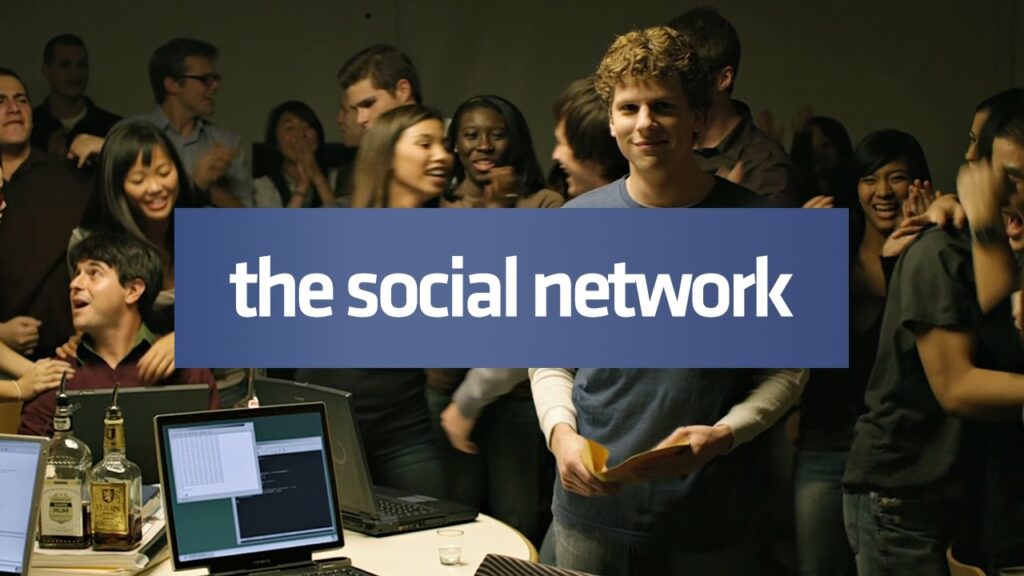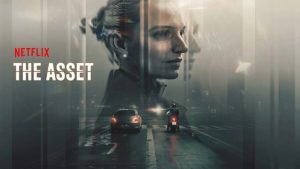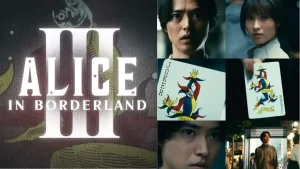
When The Social Network was released in 2010, it didn’t just tell the story of Facebook’s creation; it became a cultural phenomenon. Directed by David Fincher and written by Aaron Sorkin, this film delves into the complexities of friendship, ambition, and the darker side of success in the digital age. Over a decade later, it remains a relevant and powerful portrayal of how technology can both connect and divide us.
The Birth of Facebook: A Revolutionary Idea
The Social Network opens with a scene that perfectly sets the tone for the entire film: Mark Zuckerberg, played by Jesse Eisenberg, is having a tense conversation with his girlfriend, who breaks up with him due to his abrasive personality. This moment of personal failure is immediately followed by Zuckerberg’s creation of Facemash, a website that allows Harvard students to rate the attractiveness of their peers. While Facemash is quickly shut down, it lays the groundwork for what would become Facebook.
The film brilliantly captures the energy and excitement of a world-changing idea taking shape. Zuckerberg’s creation of Facebook isn’t just about coding or technology; it’s about tapping into a universal human desire for connection and recognition. However, as the film unfolds, it becomes clear that the story of Facebook is also one of betrayal, legal battles, and the high cost of innovation.
A Masterclass in Storytelling
One of the reasons The Social Network has endured as a modern classic is its exceptional storytelling. Aaron Sorkin’s script, based on Ben Mezrich’s book The Accidental Billionaires, is razor-sharp, filled with quick-witted dialogue and complex characters. Sorkin’s ability to turn a seemingly dry topic—the creation of a social media platform—into a riveting drama is nothing short of genius.
David Fincher’s direction adds another layer of brilliance to the film. Known for his meticulous attention to detail, Fincher creates a visually stunning movie that perfectly complements Sorkin’s script. The use of dark, moody lighting, coupled with the haunting score by Trent Reznor and Atticus Ross, creates an atmosphere that feels both intimate and epic. The film’s pacing is relentless, keeping viewers on the edge of their seats from start to finish.
Characters Driven by Ambition and Betrayal
At the heart of The Social Network are its complex characters, each driven by their own desires and insecurities. Jesse Eisenberg’s portrayal of Mark Zuckerberg is both compelling and unsettling. He embodies Zuckerberg as a brilliant yet socially awkward individual, whose single-minded pursuit of success often comes at the expense of his personal relationships.
Andrew Garfield delivers a standout performance as Eduardo Saverin, Zuckerberg’s best friend and co-founder of Facebook. Saverin’s story is one of loyalty and betrayal, as he finds himself gradually pushed out of the company he helped create. His final confrontation with Zuckerberg is one of the film’s most powerful moments, highlighting the emotional toll of their deteriorating friendship.
Justin Timberlake’s portrayal of Sean Parker, the charismatic co-founder of Napster, adds another layer of intrigue to the story. Parker’s influence on Zuckerberg is palpable, and his arrival marks a turning point in Facebook’s evolution. Parker represents the seductive allure of success, but also the dangers of losing oneself in the pursuit of power and influence.
The Impact of The Social Network
Beyond its cinematic achievements, The Social Network serves as a reflection on the broader implications of social media in our lives. The film raises important questions about privacy, ethics, and the consequences of unchecked ambition. It also highlights the potential for technology to both bring people together and tear them apart.
In the years since its release, Facebook has grown into one of the most powerful and controversial companies in the world. The issues explored in The Social Network—such as data privacy, the influence of social media on society, and the responsibilities of tech giants—are more relevant than ever. The film remains a poignant reminder of the complex relationship between technology and humanity.




